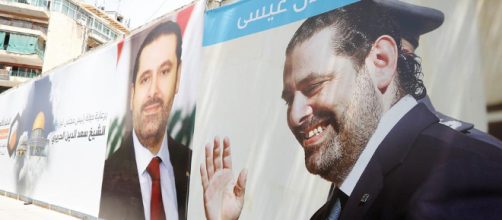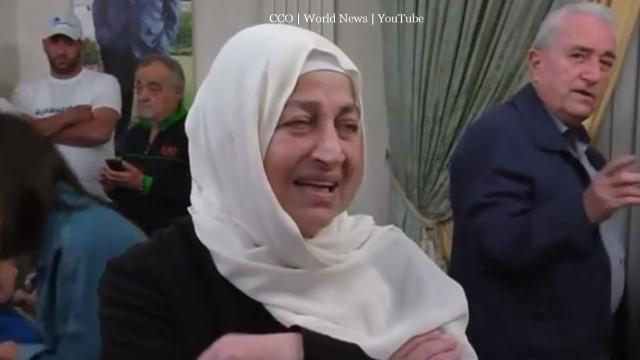LEBANON held their first election in nine years and with the introduction of a proportional voting system, experts were anticipating voter enthusiasm that would bring about record participation. Unfortunately, this did not happen as the voter turnout was a low 49 percent. Originally, there was meant to be elections held back in 2013 but due to a parliamentary deadlock over the election of a President before the legislative elections took place, it was postponed.
Many suggest that the deadlock arose over the ongoing conflict in Syria. Nonetheless, some traditional political forces have faced setbacks, while others have declared victory.
The results of the election are mostly underwhelming.
Key points
Hezbollah emerged the biggest winners from it because the party and its direct allies will end up with a 50-MP bloc, not counting President Michel Aoun's lawmakers. That will give them a decisive role in forming the government and naming the prime minister. An overwhelming majority of Shia, reaching more than 90 percent in some voting districts, voted for Hezbollah and Amal.hia continue to trust Hezbollah. The Shia tandem, which included in its electoral lists Sunni, Christian and Druze candidates, took 32 seats.
Prime Minister Saad Hariri's Future Movement lost seats in several districts that were previously unchallenged. They had 29 MPs and are expected to lose around one-third of them.
Hariri struggled against Hezbollah-backed Sunni candidates in his party’s strongholds of Beirut, Saida and Tripoli. The fringe parties had very mixed results themselves, with far-right Christian group, Lebanese Force (LF) expected to expand its presence in the parliament from 8 to 15 MPs, making it a major force in Christian politics. The presence of General Michel Aoun for the Free Patriotic Party (FPM) within the palace, it will be able to maintain a large support bloc. However, they are set to lose a few of their 27 seats and this is mostly down proportional representation. Independent candidates attempted to challenged the established political consensus but failed despite offering an alternative to the geopolitical and sectarian rhetoric.
Democratic success?
Despite the low turnout, very little changing and the clear underlying impression that candidates were merely campaigning for survival rather than promoting a vision for the future of Lebanon, the government have hailed it as a success and perhaps after not voting in a decade, the violence and upheaval of the outpouring of the Syrian Civil War, it is perhaps understanding that people’s spirits aren’t particularly high for elections. There were multiple causes for concern, the sectarian tensions, new voting system and as stated above, the country hadn’t voted in almost a decade but the interior minister Machnouk hailed it as a “democratic festival.” Machnouk also said that there were no major clashes to halt or interrupt the process.



